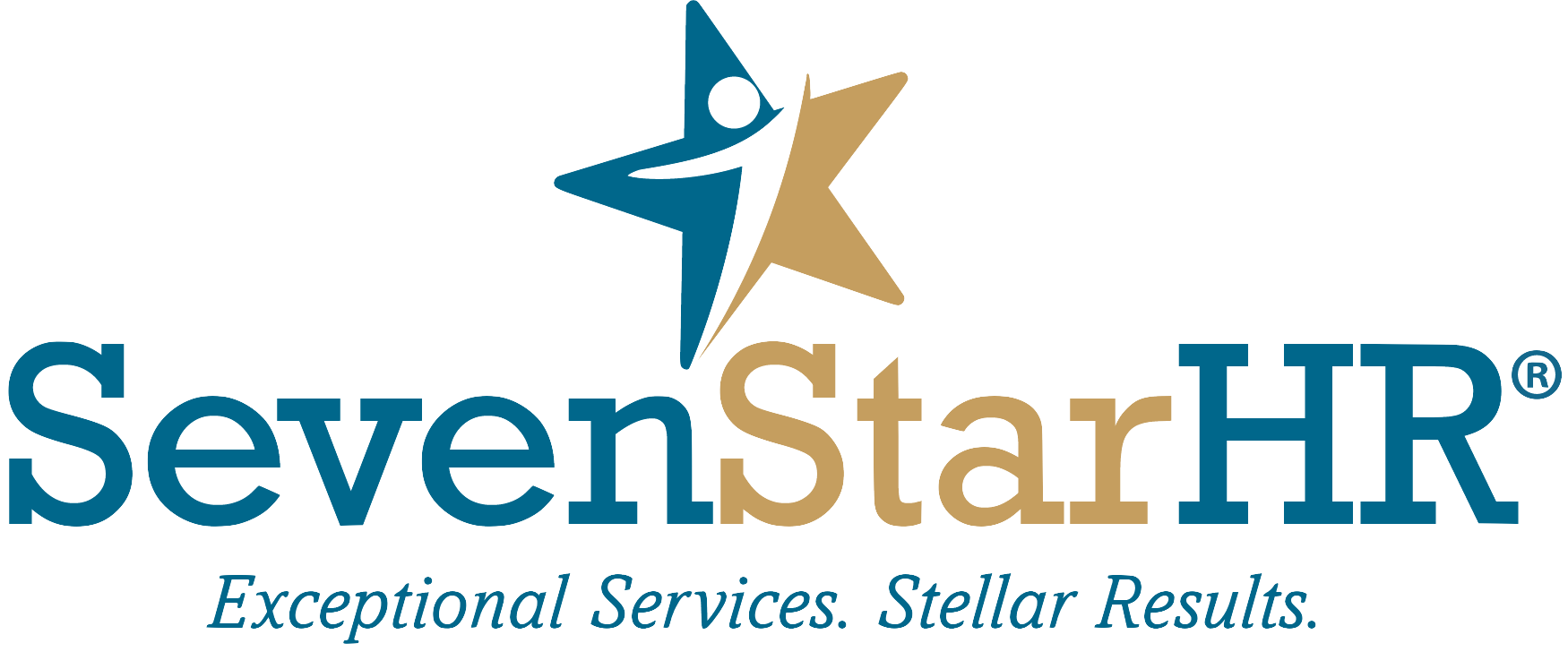Equal Pay Matters: EEOC's 2024-28 Enforcement Strategy Unveiled
In September, the United States Equal Employment Opportunity Commission (EEOC) released its Strategic Enforcement Blueprint for the four-year period spanning 2024 to 2028. This document serves as a guiding framework for the EEOC's efforts to enforce federal anti-discrimination laws, and it unveils the issues that will be at the forefront of its enforcement initiatives during this period.
The EEOC has consistently prioritized equal pay as a critical area of concern. However, the EEOC's Strategic Enforcement Blueprint for 2024-28 signals a renewed and intensified commitment to addressing unequal pay practices in the workplace.
What distinguishes this iteration of the Strategic Enforcement Blueprint is the agency's heightened focus on certain employer policies and practices that may perpetuate pay disparities and hinder employees from asserting their rights.
Key Focus Areas
Pay Secrecy Policies: The EEOC has explicitly stated its intent to scrutinize pay confidentiality policies employed by employers. These policies, which discourage or even prohibit workers from discussing their compensation with their colleagues, have the potential to perpetuate pay disparities by keeping employees in the dark about differences in pay. The EEOC's emphasis on this issue signals its commitment to promoting transparency and open communication in the workplace.
Consideration of Salary History: Notably, the EEOC has taken a clear stance on the use of salary history data in determining pay. While several states have already banned this practice, the EEOC's position marks a significant development at the federal level. Using salary history to set compensation can have a discriminatory impact, as it may perpetuate disparities that have existed in previous employment situations. The EEOC's stance reinforces the importance of using objective criteria when determining an employee's salary.
Applicant's Pay Expectations: The EEOC's new Strategic Enforcement Blueprint also draws attention to employers who take into consideration an applicant's pay expectations during the hiring process. This is a significant aspect, as it underscores the importance of ensuring that hiring decisions are based on merit and qualifications rather than an applicant's prior salary or expectations.
Equal pay is set to remain a hot-button topic for the EEOC in 2024 and beyond. For employers, compliance with federal anti-discrimination laws and a commitment to fair and equitable compensation practices are of paramount importance. As the EEOC intensifies its enforcement efforts in these areas, employers are encouraged to review and, if necessary, revise their policies and practices to align with the evolving landscape of equal pay.

